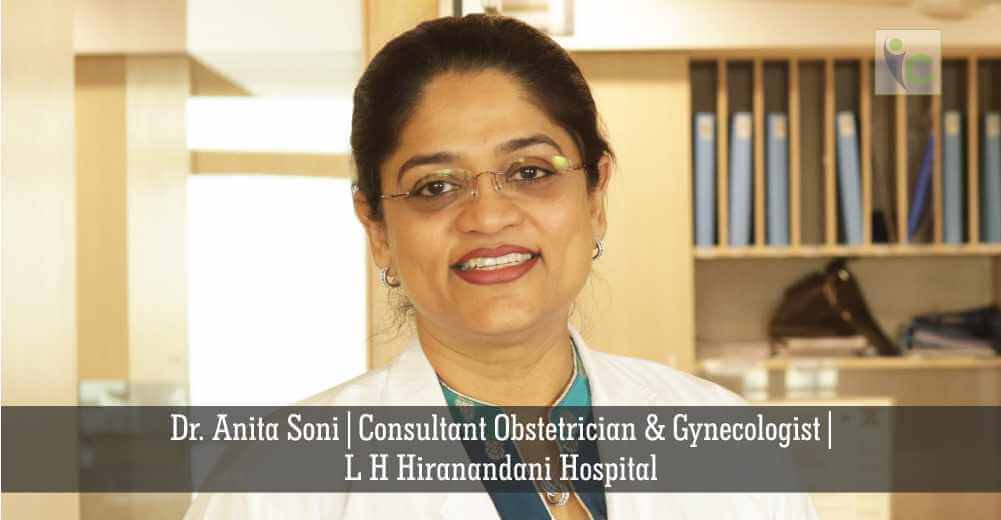[vc_row][vc_column][vc_column_text]IVF, which is an acronym for In-Vitro Fertilization was introduced to the world in 1978 and since then it has attracted and given hope to millions of couples aspiring to have a child. Assisted Reproductive Technology has emerged over the years with increased success rates. Laboratory technology and clinical practices have gone through many refinement cycles to emerge as a medical procedure that is efficient, safe, easily accessible and relatively affordable to a larger population than what it was way back in 1978. According to available records, more than 2 million children are born till date through IVF technology, which has the potential to widen its appeal and application with further enhancements for a larger section of society.
Timeline of major milestones in assisted reproductive technologies.
Abbreviations: Other types of assisted reproductive technology includes GIFT – Gamete Infra-Falloplan Transfer, HLA – Human Leukocyte Antigen, ICSI – Intra-Cytoplasmic Sperm Injection, IVF – In-Virto Fertilization and PGD – Preimplantation Genetic Diagnosis.
Many women tend to postpone pregnancy to a later time due to various reasons. For some, it is not to have children until they achieve their career goals and for others, it is lack of knowledge and understanding about fertility and pregnancy coupled with stress and lifestyle issues. To many having a child before their mid-30s is low on priority and when they decide to have one, it’s rather too late causing problems in natural conception. That’s when they opt for advanced assisted reproductive techniques. Thanks to latest advancements, couples can now fulfill their dream of having a baby. Some of these technologies include:
Fertility preservation (Vitrification): This is the latest technique that helps patients retain their fertility, or ability to procreate. Patients taking treatment for Beehcet’s disease, acute glomerulonephritis, systemic lupus erythematous, sarcomas, lymphomas, fertileukemia’s can also benefit from this. This latest advancement in reproductive medicine is indubitably a boon for men and women, as they can now hit “pause” on their biological clock, until they are ready to start a family.
Preimplantation Genetic Screening (PGS): It is done to diagnose embryos to check for structural chromosomal abnormalities. The process can be termed as aneuploidy (missing or additional numbers of chromosomes) screening. Aneuploidy is a leading cause of miscarriage and implantation failure.
Preimplantation Genetic Diagnosis (PGD): PGD can help diagnose single-gene disorders and chromosomal translocations. The main aim of this technique is to detect any possible chromosomal and/or genetic abnormalities. Thalassemia, Myotonic Dystrophy, Fragile X, and Cystic Fibrosis are some of the most common diseases tested. It has played a key role in putting an end to the transmission of a given condition to offspring and making sure that children are born healthy.
ERA (Endometrial Receptivity Analysis): The expression of genes is evaluated by ERA (Endometrial Receptivity Analysis), which is a genetic test to ascertain whether the endometrial lining is properly developed to accept an embryo. Some of the latest scientific technologies are used to analyse the expression levels of 236 genes in order to access the optimal time to place an embryo into the uterus resulting in successful implantation and pregnancy.
Platelet-Rich Plasma (PRP): PRP (Platelet Rich Plasma) or PDGF (Platelet Derived Growth Factors) therapy can be applied to rejuvenation of Ovaries, Endometrium and Vagina. It is done under sedation with Anesthesia. This non-surgical technique done under sedation with Anesthesia is used to inject the cells into the ovaries, Intrauterine or Vagina.
INVOcell: Unlink the usual method of IVF where the embryo is grown in an incubator for a few days and then implanted in the uterus, this technology allows the sperm and the egg to be brought together in the form of a capsule that is inserted into the vagina for a few days of incubation period and then the embryos are implanted in the uterus. This method is considered more cost-effective compared to the regular IVF procedure.
Addressing the needs of infertile men
Conventional IVF was not much successful when semen parameters are below the reference values for morphology (teratozoospermia), motility (asthenozoospermia), and concentration (oligozoospermia). This leads to fewer embryos available for transfer, leading in lower fertilization rates. Intracytoplasmic sperm injection (ICSI), where a single spermatozoon is microinjected into the oocyte helps achieve fertilization rates of approximately 60%–70%.
“Simple to advanced fertility treatment options are more numerous and varied than ever. A host of advanced assisted reproductive technologies, as well as other support services including fertility counseling, nutrition program provide couples with everything they need to be successful in building their family. At Apollo Fertility, we stay updated on the latest advancements with infertility treatments, and we’re able to offer the evidence based practice with the personalized and holistic approach for all our patients”
About the Author
Chandra Sekhar C is the Chief Executive Officer of the Apollo Health and Lifestyle Ltd. He also has a strong academic background with an MBA from Osmania University, Hyderabad, India and Advanced Management Programs from the Indian School of Business and the Kellogg’s School of Management, Chicago, USA. Seasoned with the experience of over 25 years; he has played a significant role in the Health Care and Health Insurance Industries in India. He has worked for over 18 years in the healthcare industry and has been a catalyst to the formation of a Standalone Health Insurance company in India. Other than this, he has successfully justified various management positions he was at in different spheres of healthcare.
As the CEO of Apollo Health & Lifestyle (AHLL), the retail healthcare business of Apollo Hospitals Group, he leads eight business units – Apollo Clinics, Apollo Spectra, Apollo Cradle, Apollo Diagnostics, Apollo Sugar, Apollo White Dental, Apollo Dialysis and Apollo Fertility.[/vc_column_text][/vc_column][/vc_row]








